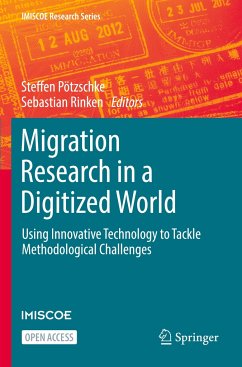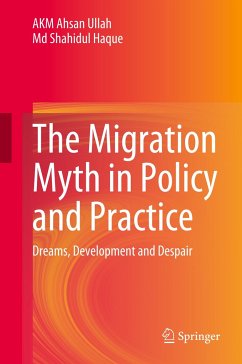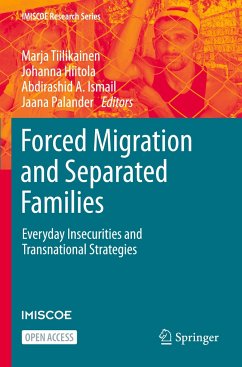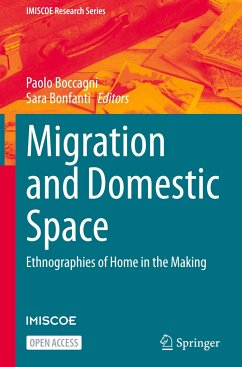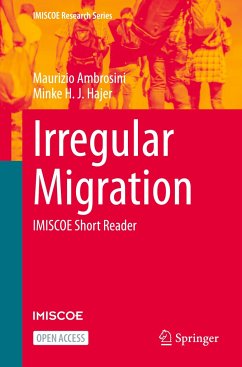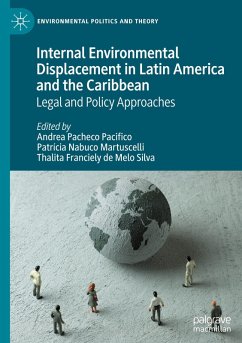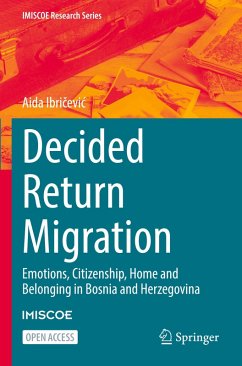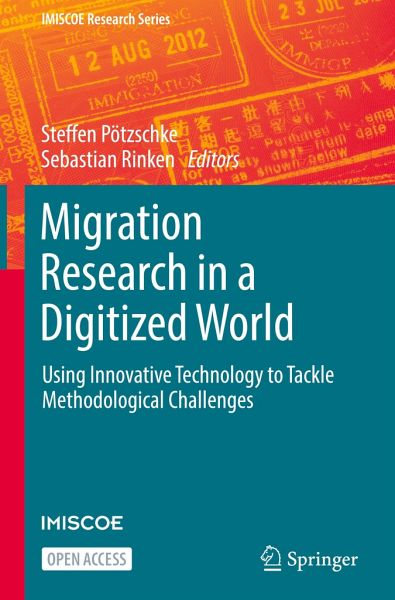
Migration Research in a Digitized World
Using Innovative Technology to Tackle Methodological Challenges
Herausgegeben: Pötzschke, Steffen; Rinken, Sebastian
Versandkostenfrei!
Versandfertig in 6-10 Tagen
38,99 €
inkl. MwSt.

PAYBACK Punkte
19 °P sammeln!
This open access book explores implications of the digital revolution for migration scholars' methodological toolkit. New information and communication technologies hold considerable potential to improve the quality of migration research by originating previously non-viable solutions to a myriad of methodological challenges in this field of study. Combining cutting-edge migration scholarship and methodological expertise, the book addresses a range of crucial issues related to both researcher-designed data collections and the secondary use of "big data", highlighting opportunities as well as ch...
This open access book explores implications of the digital revolution for migration scholars' methodological toolkit. New information and communication technologies hold considerable potential to improve the quality of migration research by originating previously non-viable solutions to a myriad of methodological challenges in this field of study. Combining cutting-edge migration scholarship and methodological expertise, the book addresses a range of crucial issues related to both researcher-designed data collections and the secondary use of "big data", highlighting opportunities as well as challenges and limitations. A valuable source for students and scholars engaged in migration research, the book will also be of keen interest to policymakers.





